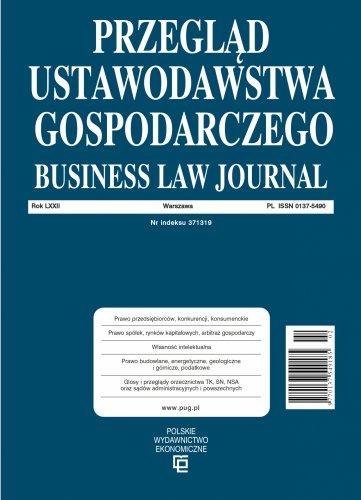The aim of the paper is to analyse the regulations governing the organisation and financial management principles of the Medical Fund in the context of the functions assigned to special-purpose funds in the financial law doctrine. The first part of the study is devoted to the assessment of the regulations relevant to the organisation and tasks of the Fund. In the second part, the sources of financing as well as the principles of the Fund's financial management have been presented, with particular attention paid to the issue of supplying the Fund with the so-called contribution from the state budget. Due to the limited scope of the paper, the issues of investment programmes, as well as the mode and rules of distributing monies from the Fund, have been left for a separate study.
Based on the methods specific to the contemporary legal dogma, the basic features determining the legal nature of the Medical Fund were identified. According to the hypothesis verified in course of the study, the analysed unit — despite being granted the status of a state special-purpose fund at the normative level — constitutes a sort of quasi-budget, which can perform the redistributive and public resource mobilization functions, typical of special-purpose funds, only to a limited extent. It was also shown that the enactment of the Medical Fund Act results in the separation of part of the state budget expenditures allocated to health protection tasks and in the creation of legal grounds for spending these funds in a way characteristic of extra-budgetary financial management. The adoption of such a solution is in line with the tendency to derogate from the principle of completeness of the budget.
Keywords: Medical Fund; state special-purpose funds; principles of financial management; debudgetisation

